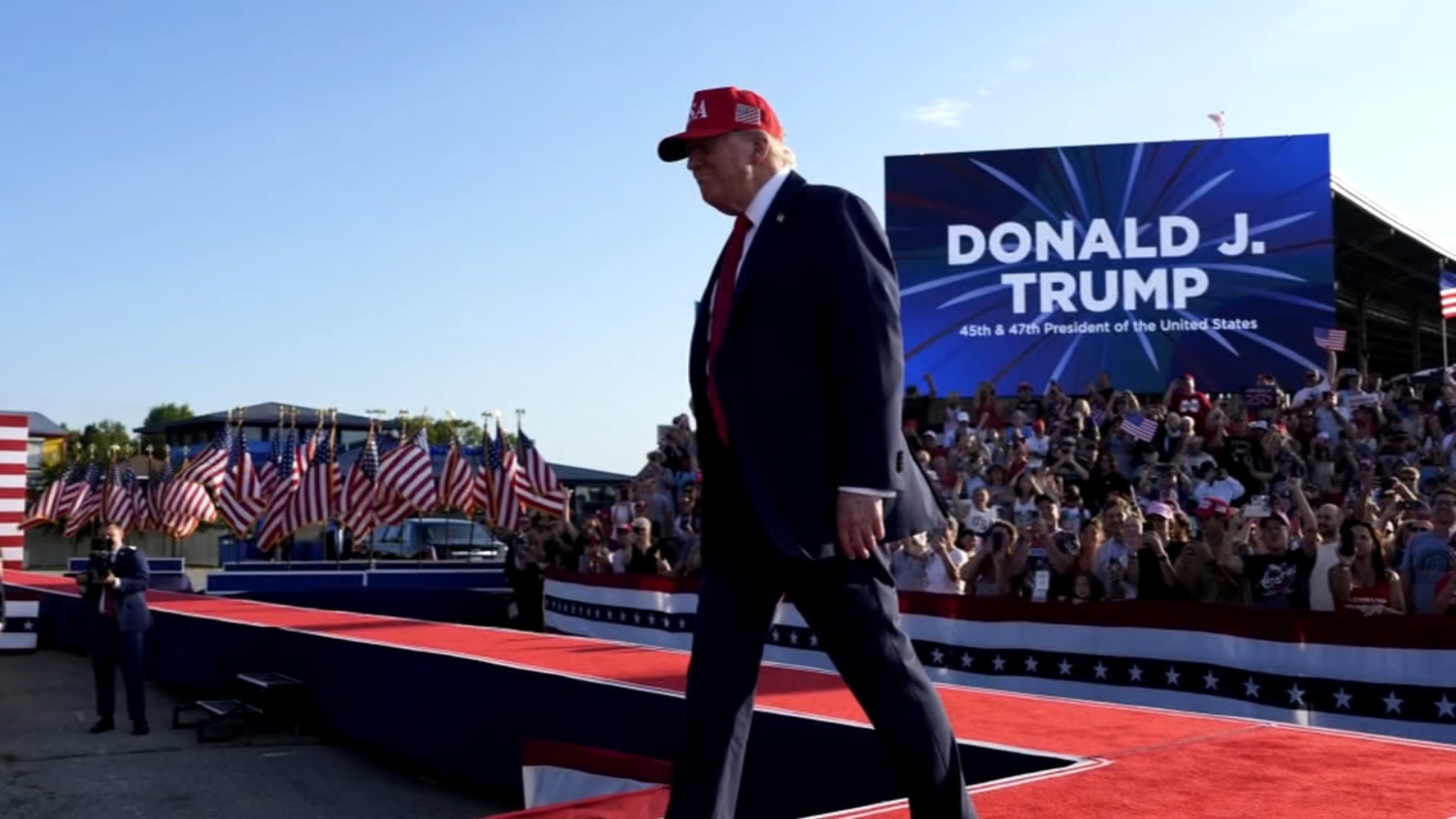As debate grows around President Trump’s sweeping new bill, several Democratic candidates are sharing their own experiences with Medicaid and other support programs. By telling their stories, they hope to show how the legislation could affect real people and call out Republicans who backed it.
Randy Villegas, running against California Republican Rep. David Valadao, grew up in an area where many rely on Medicaid. He says the program paid for his mother’s medical care before he was born. In Arizona, JoAnna Mendoza, a Marine veteran, credits government assistance for helping her family and opening doors for her own service.
Nearby, Deja Foxx, a 25-year-old newcomer running in a neighboring district, leads with her personal background. Raised by a single mom, Foxx says her firsthand experience with these policies gives her a unique view. “I have lived the policies people in DC debate,” she said. “I have a different sense of understanding and urgency.”
For Democrats, focusing on real-life stories of people affected by these changes is nothing new. They want to make Trump’s “One Big Beautiful Bill” a heavy burden for Republicans by pushing back on claims that those who rely on help are unwilling to work, committing fraud, or lack legal status.
Mendoza, who is challenging Republican Rep. Juan Ciscomani, says government support was key for her parents, who worked as farm laborers. “What upsets me most is the idea that people want to be on these programs,” Mendoza said. “I know how hard and embarrassing it was for my parents to ask for help, just to make sure we had what we needed. I think about that now, as a parent myself.”
She says her campaign holds listening sessions to connect with voters, in contrast to Ciscomani, whom she says has not been available. Ciscomani’s office did not reply to comment requests. In April, he told local reporters he has attended district events and hosted phone town halls.
During the 2024 race for president, Democrats also relied on people sharing stories about delayed or denied care after the Supreme Court’s Dobbs decision. These stories brought attention to the issue, but economic concerns still mattered most to voters, according to CNN’s exit polls.
As Democrats work to regain support from working-class voters, they highlight how the bill’s cuts to social programs help fund tax breaks that mostly benefit the wealthy. “We need a strong economic message that makes it clear these billionaires don’t care about you,” Villegas said.
Republicans Push Back on Democrats’ Attacks
Republicans are also working quickly to shape public opinion. The House GOP’s campaign group said in a memo that the bill provides money for border security, prevents tax hikes, and tackles welfare fraud.
The memo claims, “Democrats handed Republicans a weapon to show the party is out of touch with working Americans: Democrats are not fighting for them.”
Only one House Republican from a swing district, Brian Fitzpatrick of Pennsylvania, voted against the bill.
Republicans say these changes will keep the programs sustainable and push able-bodied adults to find work. Democrats and health policy experts warn that these new rules will make it harder for people who already qualify to stay on Medicaid, as they must now repeatedly prove their eligibility.
According to an analysis by KFF, about 11.8 million people could lose Medicaid coverage over ten years because of new work rules and the removal of Biden-era changes that made it easier to qualify. The main new rule requires many adults to work or volunteer 80 hours each month unless they are exempt.
The law also adds work requirements for the Supplemental Nutrition Assistance Program (SNAP), known as food stamps. Parents with children over seven, and adults aged 55 to 64, now face stricter rules. States will also have to cover more of the program’s costs, which may put help for millions at risk.
California Republican strategist Rob Stutzman said, “Republicans don’t often campaign on defending entitlement programs. It’s a tough message for any candidate.”
Now that the bill is law, Stutzman believes Republicans can highlight popular parts of the legislation, like letting workers take up to $25,000 in tips off their taxable income. They can also claim the Medicaid changes return the program to its status before Biden. In California, Republicans point out state leaders recently cut Medicaid benefits for undocumented immigrants in new budget plans.
“If I’m a Republican candidate, I’m saying ‘That program still exists for your parents because your parents were working,’” Stutzman said. “We want the program to support people who are working, not those who refuse to work so they can keep health care benefits.”
Democrats, on the other hand, argue that working people will lose out under the new rules. Noah Widmann, a candidate in Florida running against GOP Rep. Cory Mills, says he grew up benefiting from Medicaid and food stamps. He calls the work requirements “red tape that make it tough for eligible people to get care.”
“At the end of the day, even if just one family loses their health care or their food, it’s wrong,” Widmann said.












